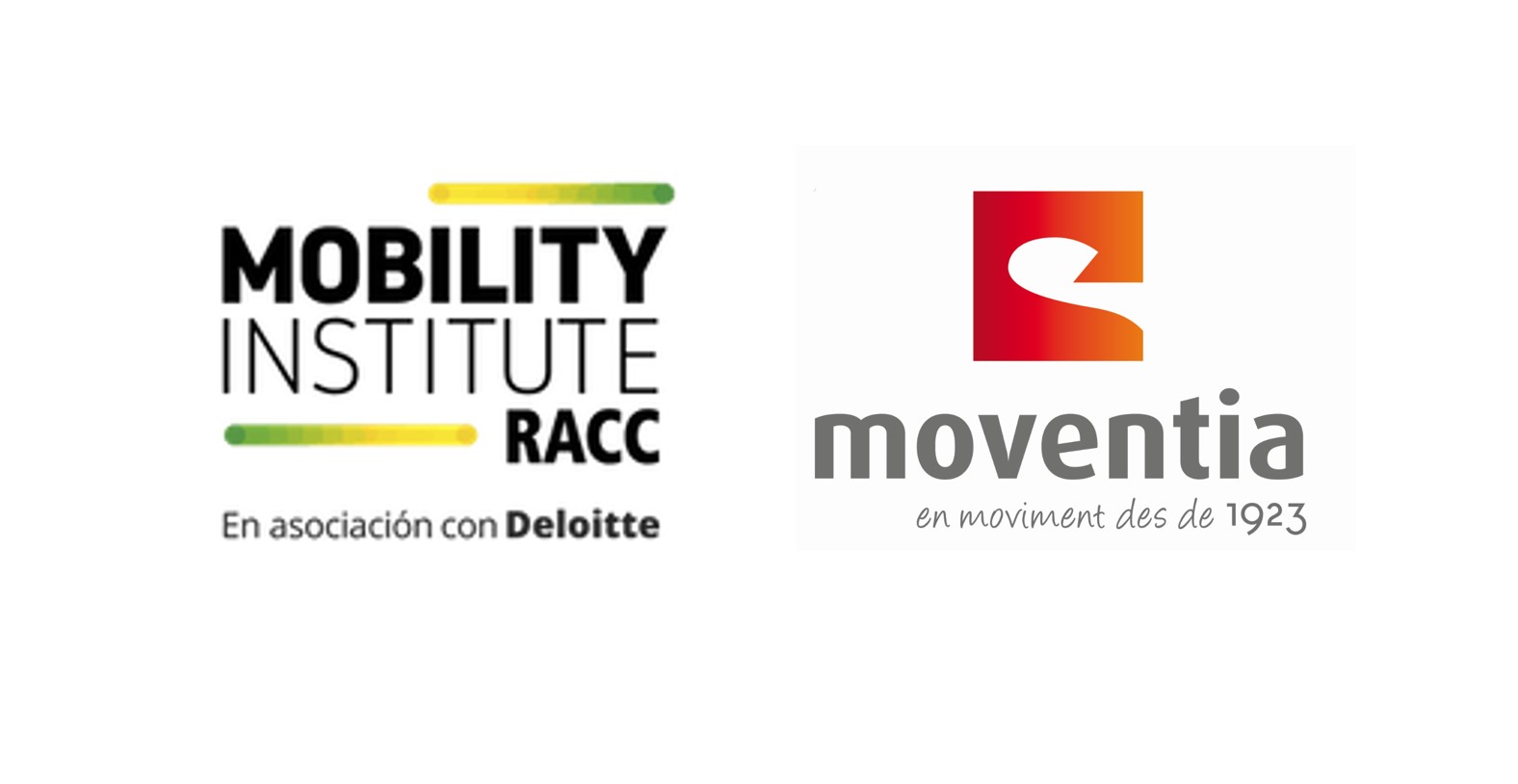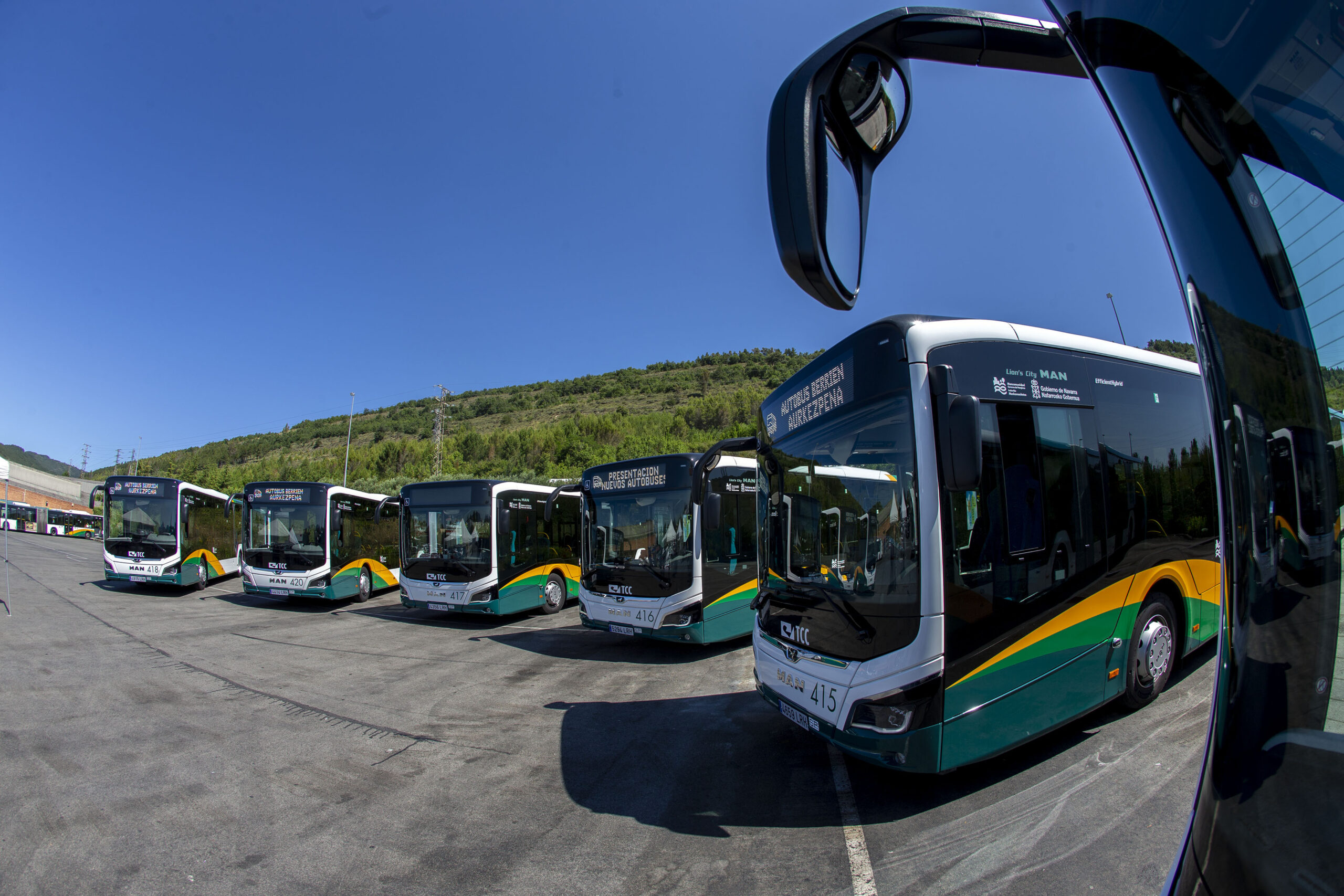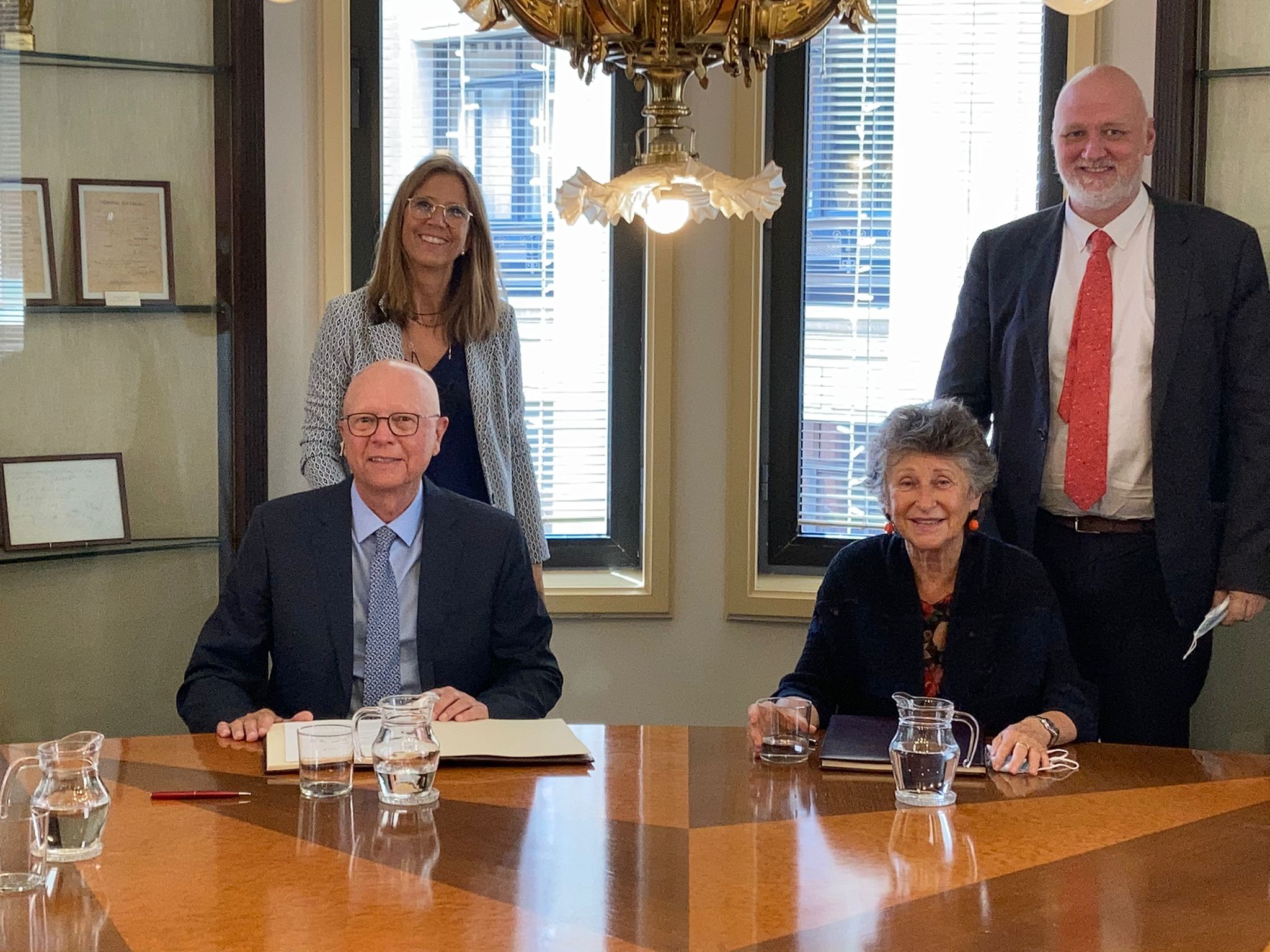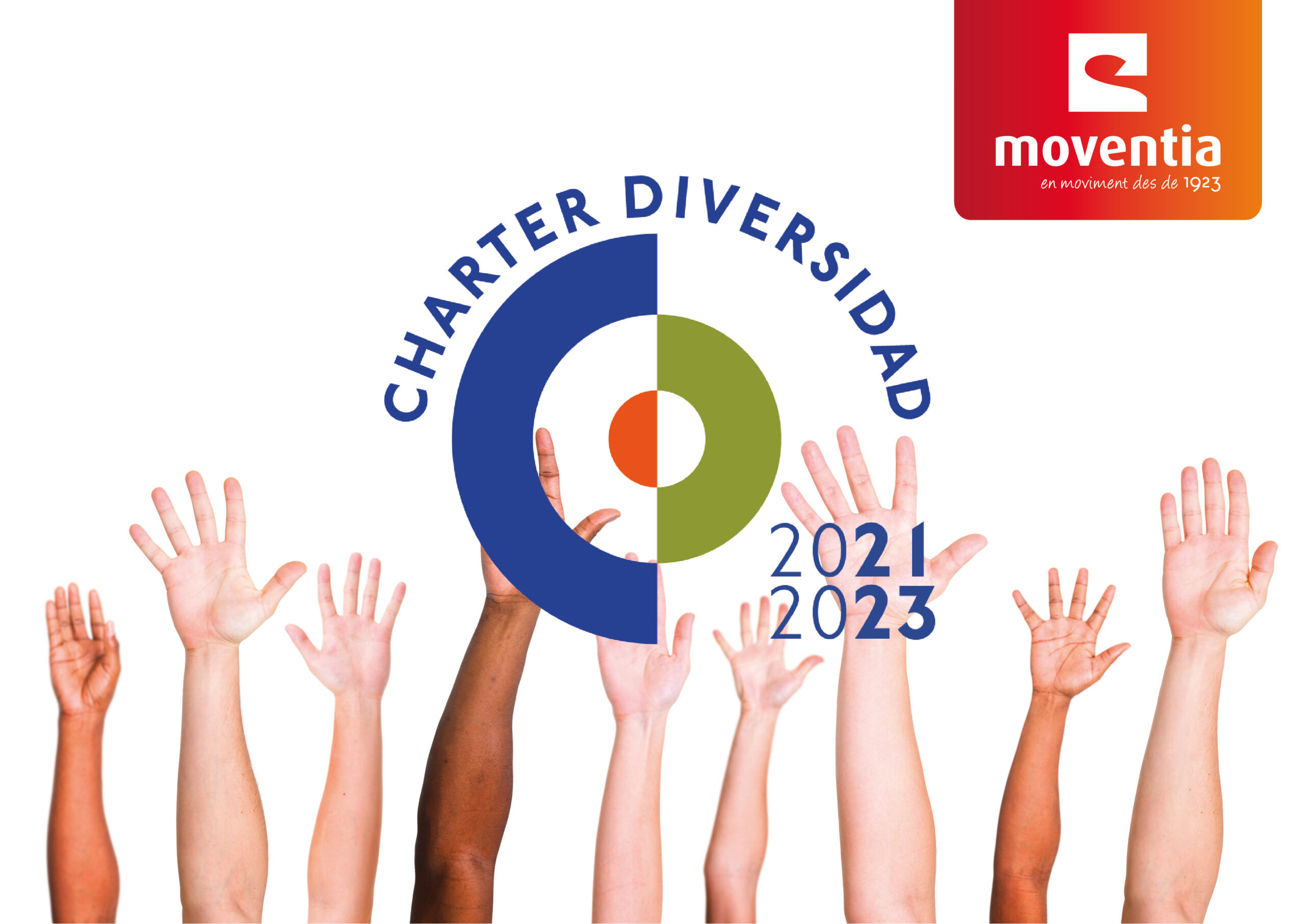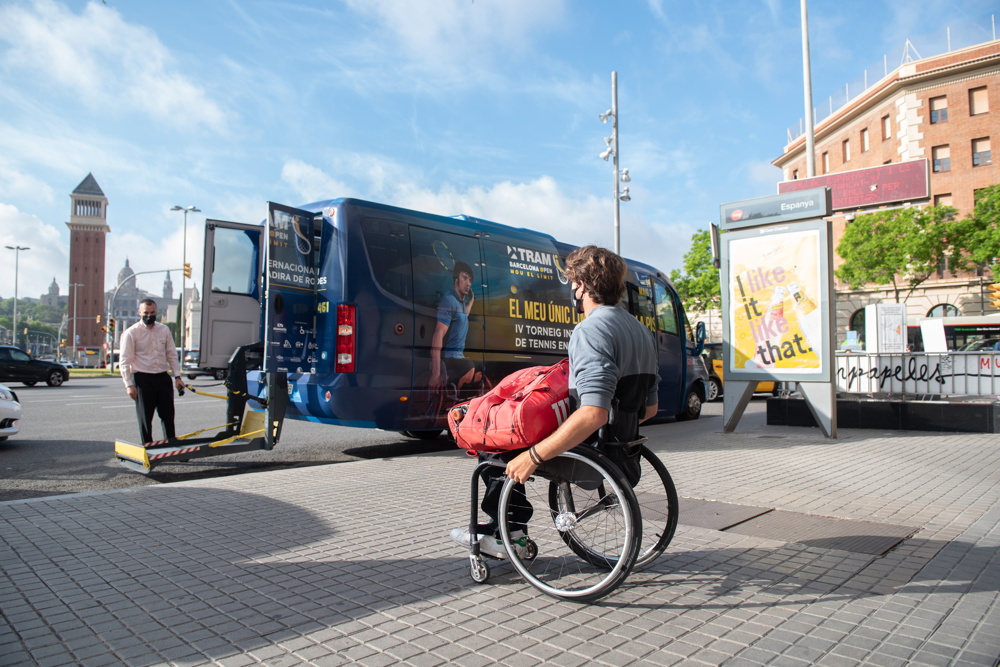At an event held on 9 July at the Transporte Urbano Comarcal bus depot, the Association of Municipalities of the Region of Pamplona presented the 10 new hybrid buses that will join the company’s bus fleet from today. The event was attended by the Transport Director of the Association of Municipalities of the Region of Pamplona, Jesús Velasco, and the Managing Director of the Moventia Group, Josep María Martí.
The 10 new vehicles are ‘Lions’s City 19C EfficientHybrid’ articulated MAN vehicles measuring 18 metres in length. They are powered by 265 kW hybrid diesel-electric motors. Each vehicle can carry a total of 141 passengers (38 seated), plus two wheelchairs.
The new buses comply with the EURO VI pollution limits set by the European Union. They are all fitted with safety screens (all TUC buses have been fitted with screens to protect drivers during the pandemic) and security video cameras, meaning that almost the entire fleet has this system. Furthermore, the ten Villavesas are fitted with the Mobileye active safety system that uses five cameras on each vehicle to warn the driver of any imminent collision risks. Finally, it should be pointed out that the new vehicles have a wheelchair access ramp approved by CERMIN (the Committee of Entities Representing Persons with Disability of Navarre) since an improved, more stable and functional model was launched in March and added to new vehicles joining the fleet in 2020.
The purchase of these vehicles was awarded in 2020 and they are ready to enter service now that the registration paperwork has been completed. Each vehicle has cost 402,850.00 euros (excl. VAT).
Jesús Velasco said that “the arrival of these ten new buses has injected new material into the fleet, increased safety and advanced the sustainability of our service. All this will have a positive impact on both the people who use the transport service and the driver staff who will work on the new vehicles”.
In turn, Josep María Martí spoke about the exceptional situation in which the TUC has found itself since 14 March last year, recognising the efforts made by all employees to continue providing the service. He also wished to remind everyone that the TUC is a safe means of transport to which hygiene and control protocols have been applied.
LATEST HYBRID DIESEL-ELECTRIC VEHICLES
The buses revealed today are the latest hybrid diesel-electric vehicles to join the Transporte Urbano Comarcal fleet following approval at the MCP Assembly on 30 June for the 2nd Less Polluting Energies Plan of the TUC aimed at the progressive replacement of polluting buses. As a result, the MCP will steadily abandon the use of diesel in the Urban Transport fleet and will seek to add buses powered by compressed natural gas (CNG) with a Guarantee of Renewable Origin (GdO).
The final goal is for the association of municipalities to start providing carbon-neutral services in 2030. The main action in this regard is a circular economy project under which the biogas produced from the treatment of waste water and organic material in rubbish will be used as fuel for the heavy vehicle fleets operated by the association of municipalities: the TUC buses, the rubbish trucks and the Integrated Water Cycle maintenance vehicles.
A FLEET OF 159 VEHICLES WITH AN AVERAGE AGE OF 6.76 YEARS
The addition of these 10 new vehicles and the removal of the eight oldest vehicles means that the TUC fleet will consist of 159 vehicles (two more than a year ago) with an average vehicle age of 6.76 years. Of all the vehicles in the fleet, 61 are articulated (18 metres), 96 are 12-metre buses and two are 10-metre buses. It should be noted that the addition of these new vehicles means that Transporte Urbano Comarcal now has 66 hybrid and six electric vehicles. In other words, 45% of the fleet consists of environmentally efficient vehicles.


